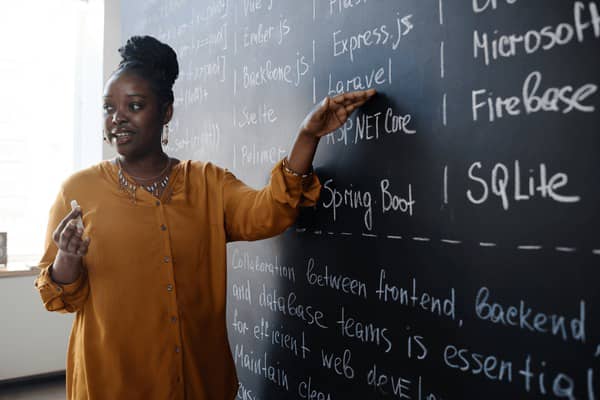By Burnett Munthali
Ingrid Pramling Samuelson, a senior professor of education at the University of Gothenburg, has expressed strong critiques regarding the Swedish government’s educational policies, particularly the notion that children do not learn unless they are taught in a traditional classroom setting. In a recent interview, she emphasized the importance of play in the learning process, arguing that it fosters essential social skills and self-confidence in young learners.
Pramling highlighted a fundamental misunderstanding among policymakers, suggesting that they believe increased teacher instruction will automatically lead to better learning outcomes. “There is no correlation between the amount of teaching and children’s performance in areas such as reading, writing, and mathematics,” she stated. Instead, she advocates for a more holistic approach that includes social learning, nature exploration, and the development of various skills necessary for personal growth.
She pointed out the invaluable expertise of Swedish preschool teachers, who have worked effectively with young children for over 150 years. However, current proposals risk undermining their professional competency, as the focus shifts away from established methods that prioritize play-based learning. “These teachers have been successful in nurturing young minds, and their knowledge should be respected,” Pramling stressed.
While acknowledging that Swedish students have shown lower performance in international assessments like PISA, she cautioned against oversimplifying the issue. “We have a different population now than we did 20 years ago,” she remarked, indicating that demographic changes influence educational outcomes. She warned against blaming either the educators or the youngest learners for these challenges.
Pramling argued that structured play is essential for effective learning, as it allows children to acquire literacy and numeracy skills in an engaging context. “Children can learn to read and write in a playful way without conforming to the rigid structures of traditional education,” she explained.
Moreover, she expressed concern that children from more disadvantaged backgrounds might struggle more if educational practices become overly uniform, potentially leading to higher dropout rates. “These children often need more time and support,” she said, advocating for a more flexible and inclusive approach to education.
The global discussion surrounding “Swedish-style parenting” has often criticized it for producing underdeveloped adults. However, Pramling counters this narrative by emphasizing the benefits of encouraging independence and resilience through play-based learning.
In conclusion, Ingrid Pramling Samuelson’s insights challenge the prevailing educational policies in Sweden, urging a reevaluation of teaching methodologies that honor the critical role of play and the expertise of preschool educators. Her advocacy for a more adaptable and inclusive educational framework resonates with the overarching goal of fostering well-rounded, confident learners in today’s diverse society




